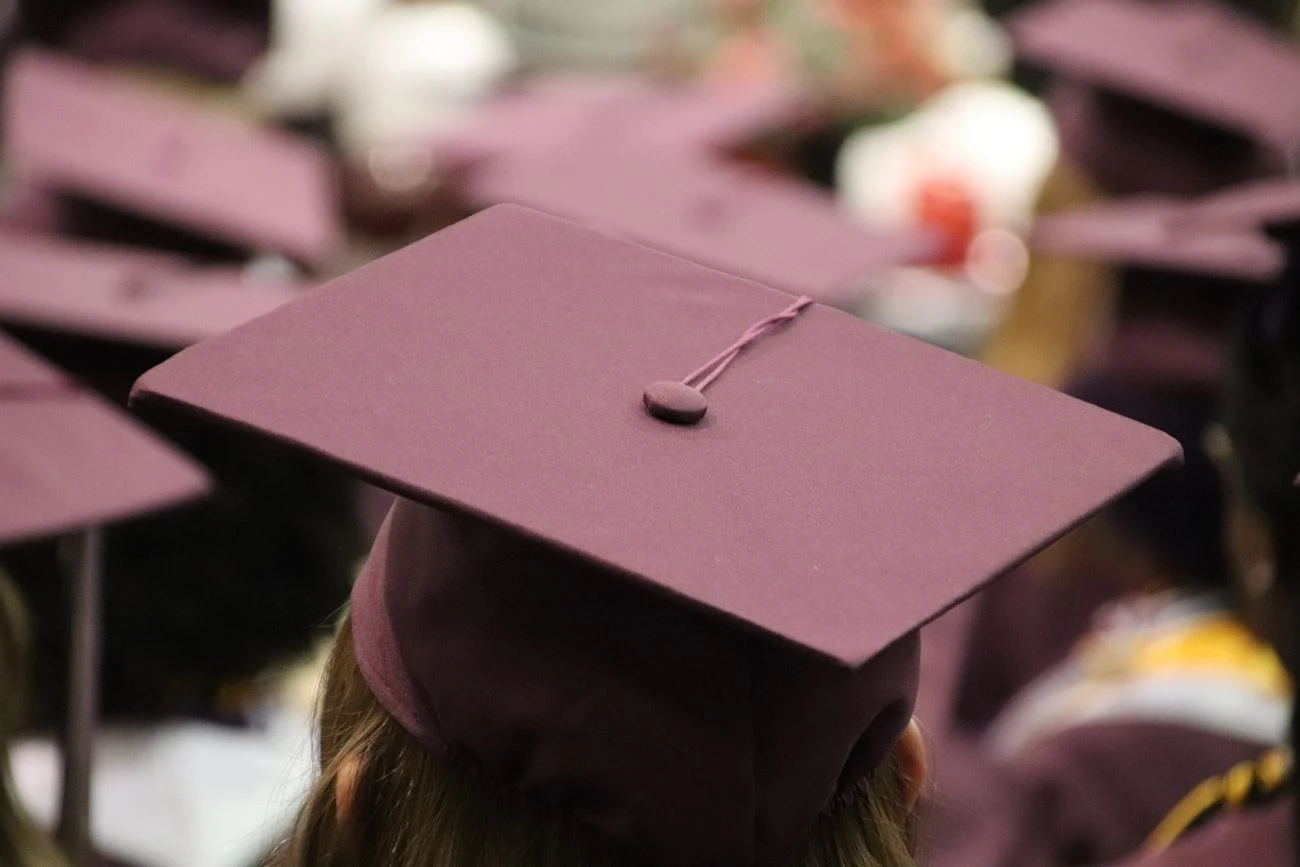Research reveals 35% of British university students borrow money to gamble

Commissioned by the Young Gamers and Gamblers Education Trust (YGAM) and online gambling self-exclusion service Gamstop, the survey of 2,000 students found 80% of them had gambled at some point.
Some 35% had used money from their student loan or overdraft, or borrowed from friends or payday loans to help fund their gambling, with 19% admitting to using their student loan to gamble.
Other key findings for the study included that the average spend among those who gambled was £31.52 per week, and while 18% admitted to spending £50 a week, 45% did not spend more than £10 per week.
Of those who gambled, 38% did so at least once a week, with 63% gambling at least once a month, while 28% said they are gambling as often, or more often, than before the pandemic and 29% are spending as much or more than before the pandemic.
The most popular gambling products during the pandemic have been the National Lottery, with 32% of gamblers playing, ahead of online sports betting on 25% and online bingo with 18%.
As to why students gambled, 46% said that making money is a motivation, with one in four saying they enjoyed the risk. More than half said gambling makes them feel excited and one in three said it makes them happy, but one in five said they feel anxious when gambling.
Some 34% of students said their friends are the biggest influence on their gambling, while 23% said they were most influenced by social media and 14% gambling advertising.
Following the publication of the report, YGAM and Gamstop will partner with RecoverMe, an app that provides self-help tools to those suffering from a gambling problem, to launch a campaign raising awareness of gambling harms among students and promoting support available to those who may be struggling.
The Gambling Support University Tour will see the three organisations visit university campuses throughout Great Britain to speak with students and university staff, while YGAM will also offer City & Guilds assured training to university teams to better equip them to support students.
“This research provides us with some valuable insights into the behaviours of students during the pandemic,” YGAM’s director of external affairs, Daniel Bliss, said. “We’re keen to build on this piece of work to better understand how our programmes can safeguard and support students.
“The findings reiterate the importance of educating our young people on the risks and harms associated with gambling. Education is a powerful tool to ensure students are equipped with the knowledge and understanding to help prevent harm.”
Gamstop chief executive Fiona Palmer added: “Gambling-related harm on our campuses is a subject that is rarely addressed, but for any students experiencing problems with their gambling, self-exclusion can give them valuable breathing space while they seek additional help.
“With online gambling increasingly prevalent during the pandemic, the research shows the importance of raising awareness of a free online self-exclusion service which is accessible to all.”
